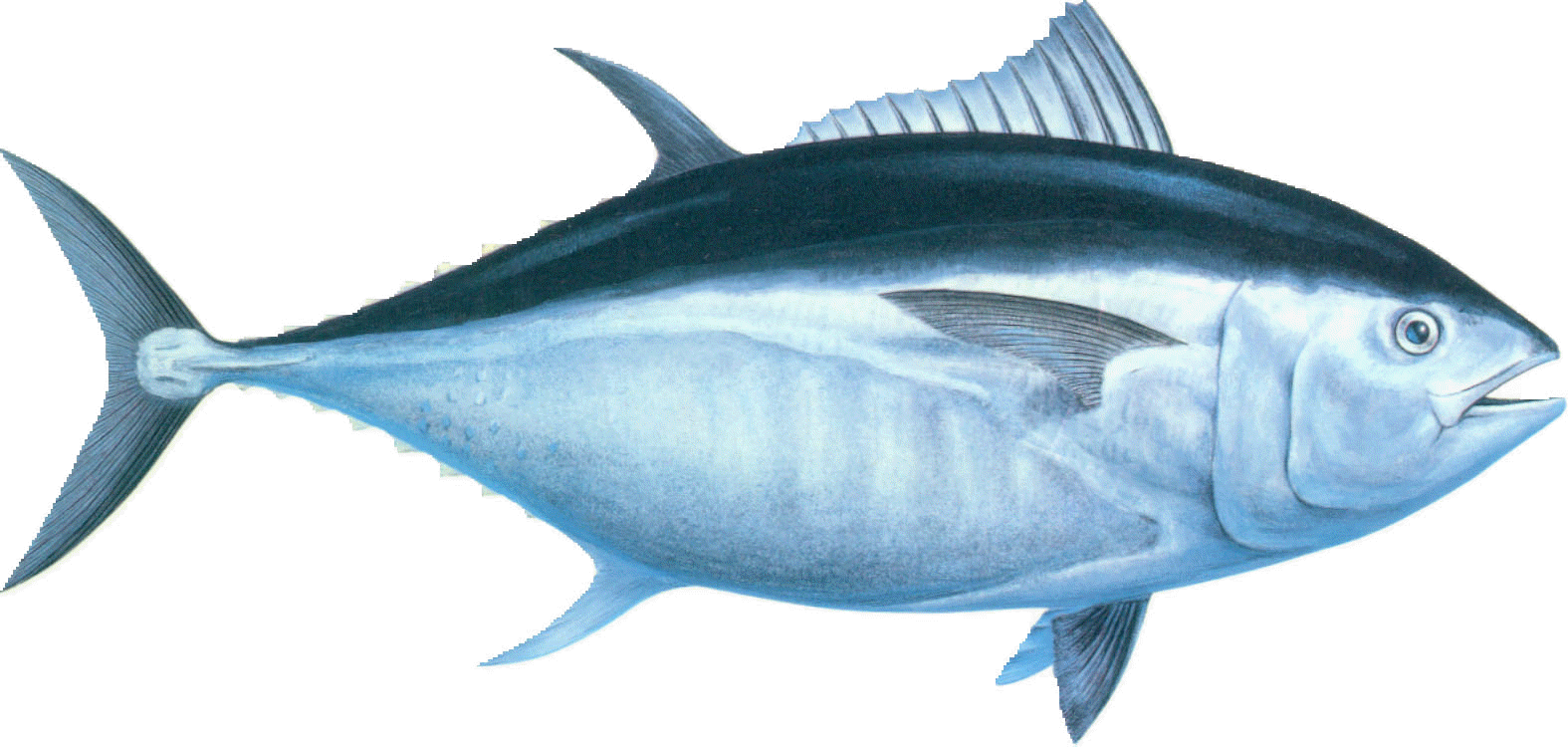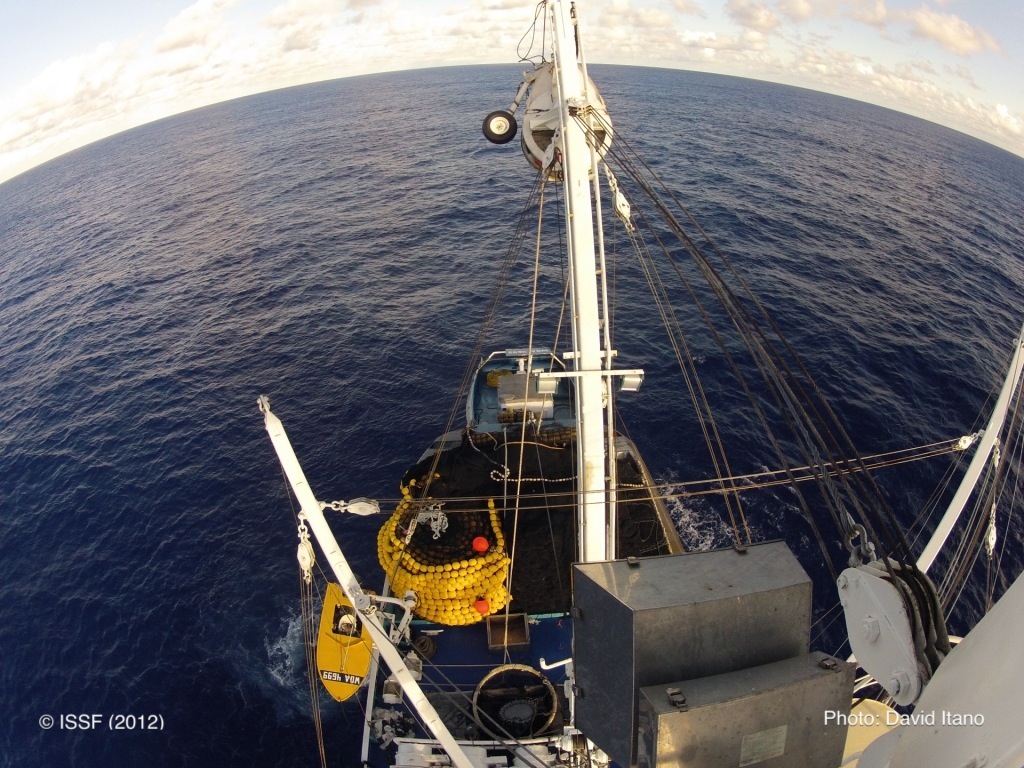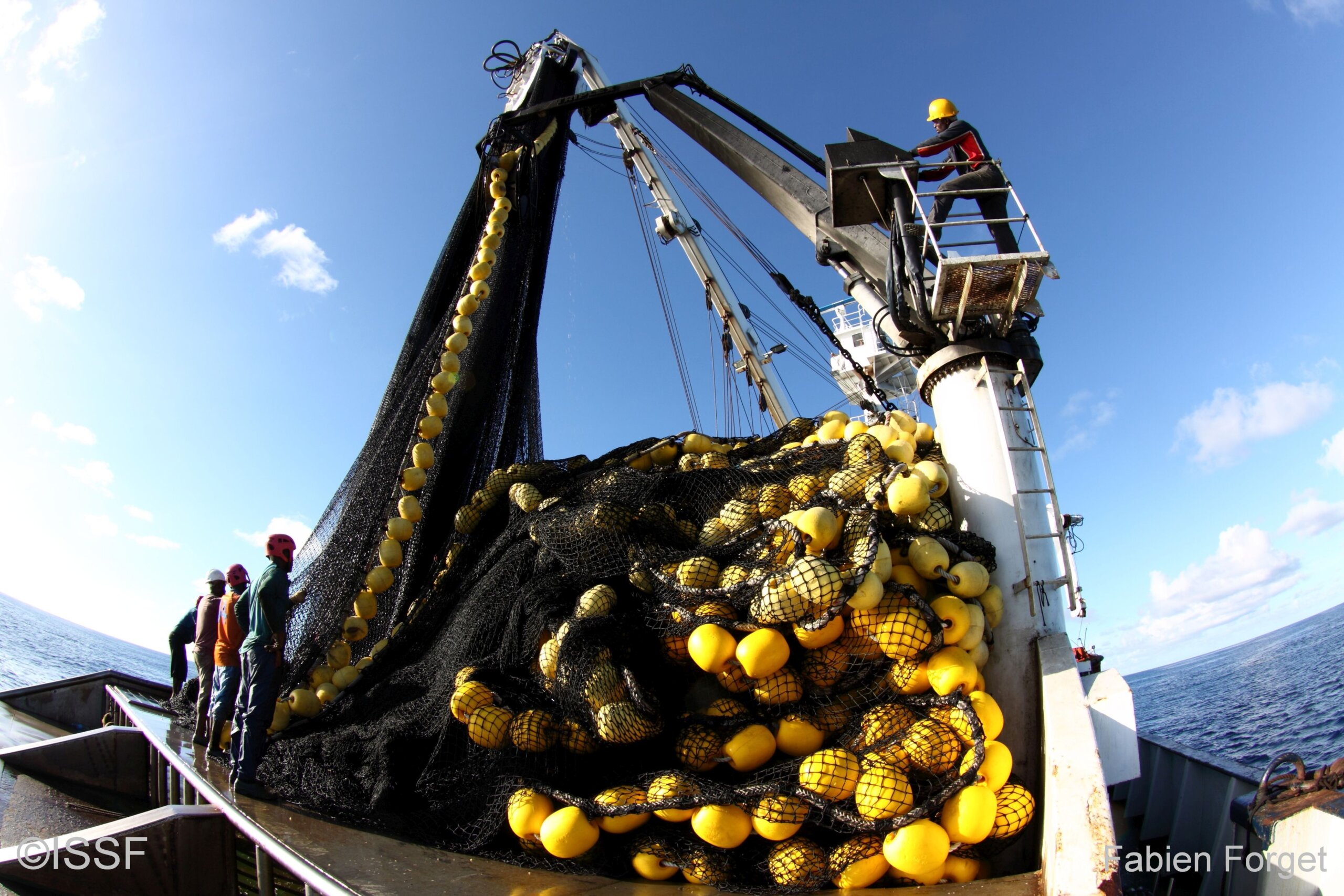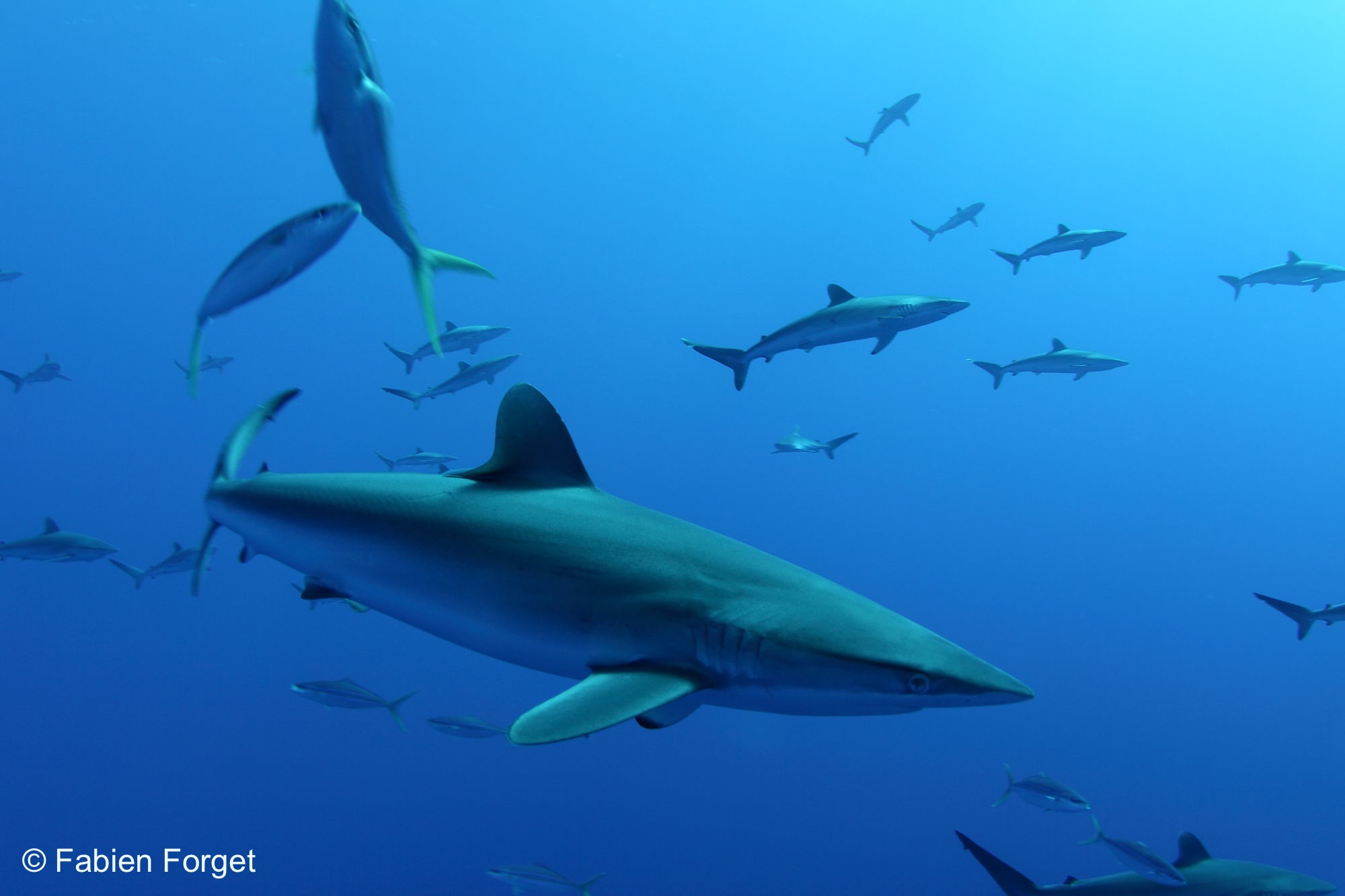
Sharing Best-Practice: IPNLF & ISSF Launch First Practical Reference Guide for Pole-and-Line Fishing
A new guidebook detailing science-based best-practices for maximising catch value and also minimising the environmental impacts of these fisheries is today jointly published by and the International Pole & Line Foundation (IPNLF) and the International Seafood Sustainability Foundation (ISSF).
The Skippers’ Guidebook to Pole-and-Line Fishing Best Practices has been written by fishers, marine scientists and pole-and-line experts. Aimed at one-by-one fishers and fishery stakeholders, the Guidebook offers practical advice on conducting these artisanal tuna fishing operations — from capture to handling and storage methods.
ISSF and @IPNLF have teamed up to produce their first #sustainability guidebook for #pole and #line #fishers. Share on XAs highlighted in the Guidebook, pole-and-line fishing has gained attention as a responsible method of harvesting tuna. With the growing consumer awareness about the sustainability of seafood resources, this Guidebook is well placed to provide a resource for fishers globally to optimise the efficiency of their operations, maximise catch quality and recognise and address the environmental impacts of their activities in order to reach the increasing demand for pole-and-line caught products.
Topics covered by the guidebook include:
- Tuna species targeted by pole-and-line fisheries
- Fishing operations in pole-and-line tuna fishing
- Tuna catch handling and storage
- Baitfish catch methods, management, and utilisation in pole-and-line fisheries
The chapters include a comprehensive series of examples and recommendations to help pole-and-line fishers understand and implement best-practise guidance.
Dr. Victor Restrepo, Vice President of Science at ISSF, says: “ISSF is committed to the long-term conservation and sustainable use of global tuna fisheries. That commitment drives the publication of the ISSF Skippers Guidebook series for longline and purse seine vessel fishers, as well as our observer guidebook — sharing best practices with those stakeholders on the front lines of the collaborative work toward sustainable fisheries. Having expert advisors on our respective science committees in common, ISSF is pleased to partner with the International Pole and Line Foundation in expanding such science-based guidance to the pole-and-line sector.”
Martin Purves, Managing Director of IPNLF, adds: “We believe the Skippers’ Guidebook will prove an important, practical resource not only for the many thousands of pole-and-line fishers around the world, but also for all those many more people connected to these supply chains. The profile of pole-and-line fishing has reached new levels, not only due to the low environmental impacts of these fisheries, but increasingly also because of the social benefits that they bring to the coastal communities connected to them. Like any catch method there is significant scope for further improvements in the sustainability aspects of these fisheries, providing markets with higher quality, more responsibly sourced tuna. There’s no question that this is what today’s consumers are looking for.”
The Skippers’ Guidebook to Pole-and-Line Fishing Best Practices is available online on the ISSF and IPNLF websites.
http://ipnlf.org/resources/ipnlf-documents/document/pole-line-skippers-guidebook
About the International Pole & Line Foundation
The International Pole & Line Foundation (IPNLF) works to develop, support and promote socially and environmentally responsible pole-and-line, handline and troll tuna fisheries around the world. IPNLF’s ambition is to contribute to thriving coastal fisheries, including the people, communities, businesses and seas connected with them. As a hub for sustainably-minded organisations, we use the influence of the market to forge change through practical fishery projects and stakeholder cooperation. IPNLF membership is open to organisations involved in the one-by-one caught tuna supply chain. Allied with our Members, IPNLF demonstrates the value of one-by-one caught tuna to consumers, policymakers and throughout the supply chain. We work across science, policy and the seafood sector, using an evidence-based, solutions-focused approach with guidance from our Scientific & Technical Advisory Committee and Board of Trustees.
IPNLF was officially registered in the United Kingdom in 2012 (Charity 1145586), with branch offices in London, the Maldives, Indonesia, and South Africa and a staff presence in France, Germany, Netherlands, North America and St Helena.


